Tuesday, May 24, 2022 / 3:20 PM / by Bukola Akinyele-Yisau for WebTV
The Institute of Islamic Finance Professionals of Nigeria (IIFP) hosted the maiden edition of the Islamic Finance Outreach in Abuja, which discussed the topic "Islamic finance; Opportunities and Profession."
In his welcome remarks, Prof. Tajudeen Yusuf, Acting Chairman, Governing Council, IIFP, said Islamic finance was playing a pivotal role in shaping the Nigerian economic landscape, and all hands were needed to ensure that the Islamic finance movement succeeds and contributes to the growth of the Nigerian economy.
He believed that Islamic finance would soon become a conventional system for all Nigerians regardless of age, culture, tribe and religion.
Speaking further, the President elaborated that the IIFP was established in 2014 and has made strides in deepening the Islamic finance system in the economy. He believed Islamic finance contributes to households and individuals and adds value to organizations, corporate entities, and governments.
He said IIFP existed to promote Islamic finance education, which would deepen the country's Islamic financial market inclusion. Prof Yusuf stressed that the experience in Abuja was a welcome development and commended the organizing team.
The Guest speaker, Mallam Attahiru Maccido, MD/CEO, One17 Capital Limited, in his presentation on "X-Raying the Dynamics in Islamic Finance Practice and Profession," noted the dynamics and principles behind Islamic Finance, made the industry navigate and survive the 2008 global financial crisis (GFC).
He stated that Islamic Finance was a system characterized by continuous innovative activities and progress. The industry was characterized by vigorous growth, as demonstrated by the Nigerian financial sector.
The Islamic finance professional said the dynamics of the industry in Nigeria could be seen in the level of acceptability and growth of contracts.
Mr. Maccido cited the example of the Osun State government's Sukuk issuance in 2013, which attracted N11.4bn, and the FGN Sukuk Issuance of 2017, 2018, 2020 and 2021.
He also mentioned the N10bn Family Homes Fund Sukuk of 2021 that attracted a subscription of N21bn.
He highlighted the following as the dynamics of growth in the Nigerian Islamic finance industry;
- 3 stand-alone Islamic Banks (Jaiz Bank, Taj Bank & Lotus Bank)
- 2 Islamic Bank windows (Sterling Bank and Suntrust Bank)
- 3 Non-Interest MFBs (Tijarah, Halal Credit an I-Care MFB)
- 4 fully operational Takaful Operators (Jaiz, Noor, Salam, and Hilal Takaful)
- 4 stand-alone Fund Mgt Firms (Lotus, One17Capital, Trustbanc & Marble Capital)
- 2 stand-alone Corp. Investment Advisers/Issuing Houses (Buraq and Lotus Fin)
- 6 Sukuk Issuances to the public (Osun 1, FGN 4, Family Homes Sukuk 1)
- 2 Sukuk awaiting SEC Approval (TajBank/Family Homes)
- Many Private Sukuk issued by Sub-nationals and corporates
- 9 Halal Mutual Funds registered with SEC (Lotus Halal Fund, Lotus Fixed Income Fund, Lotus ETF, IBTC Imaan Fund, IBTC Shari'ah Fixed Income Fund, FBNQuest Halal Fund, United Capital Sukuk Fund and Norrenberger Islamic Fund, Capital Trust Halal Fund
- 1 Islamic-REIT (ChapelHill N-REIT)
- Pension Fund Administrators Fund IV
- 3 NIB and 2 Takaful Operators in-formation
The dynamics by contracts, according to him, cover Mudaraba, Musharaka, Murabaha, Istisna, Salam, Ijarah and Wakala.
In his presentation on "Opportunities in the Islamic Finance as a Tool for Poverty Eradication and Empowerment," Dr. Abdullahi Shuaib, CEO Jaiz Charity and Development Foundation, pointed out that between 2010 and 2021, about 798m people are still living in extreme poverty, while almost 9% of the world's population were on the $1.90 poverty line in 2021.
The scholar said that the number of people living in extreme poverty outside sub-Saharan Africa fell from 708m in 2010 to 240m in 2021, while the number of countries in sub-Saharan Africa rose from 37% in 2010 to 66% in 2021.
Providing further insight through NBS data, he noted that poverty is measured through the lenses of a wide range of socio-economic indicators such as modules on household demographics, education, health, labour, farm and non-farm enterprises, household assets, access to safety nets, housing conditions, exposure to shocks, and crucially, expenditures on food and non-food items.
He restated that Islamic finance enables poverty alleviation, shared prosperity, income redistribution/financial inclusion, social justice, equity, harmony, and peaceful society.
Potentials and Opportunities for Islamic Finance
- Declining overseas aid, growing inequality and funding gap in charitable acts and humanitarian needs requires increased creativity, fintech solutions and collaboration.
- It has the potential as a framework to facilitate the eradication of poverty and hunger, promote economic growth, and empower the poor and needy under SDGs of the UN
- Islamic Finance serves as an effective financial instrument to fill the funding gap and its steadily growing size.
- The United Nations also opined that it helps governments as well as communities to accomplish several developmental needs
The instrument in eradicating poverty: Waqf, Zakat, Sadaqah, Qard al-Hasan and Islamic Microfinance.
Potentials and Opportunities of Zakat
- In 2018, about euro 300million was paid by the British as Zakat (Lalani, 2019)
- IsDB projected too that with around 1.6billion Muslims globally, an estimated Zakat of $1 trillion was realizable
- Between 2016 and 2018, cumulative Zakat collected and disbursed by SSZEC, JZWTF, an ZSF was over N1.2BN
He cited how Jaiz Charity foundation and development is supporting Nigerian households and the less privileged. The Jaiz report of 2021 showed that the foundation shared economic empowerment in Abia state, Kano and Zamfara state. While on Health/ Medical support, the foundation helped Kebbi State, and on the side of Education (Vocational Skill Support), Lagos state was the primary beneficiary in the 2021 report.
He said giving out Zakat enables the giver to give in their moral compass where both the rich and the poor cohabit. Zakat plays the role of socio-economic control and balancing community. It is meant to create mutual trust among the rich and poor. Zakat is a critical pillar of Islam.
Prof. Ibrahim Abdul Kadir Abikan, Department of Islamic Law, Faculty of Law, the University of Ilorin, in his intervention on "Islamic Finance Curriculum and Career Opportunities," shared his perspective on the overview of Islamic finance in Nigeria, strategically positioned in the global market, and career opportunities.
According to him, Islamic finance is a system of banking and finance that is consistent with the principles of Islamic law or Shariah law. From Islamic banking, Islamic capital market and Islamic insurance.
The global Islamic financial services industry maintained growth momentum and is now estimated to be worth $2.70trn across its three main segments. (IFS. Industry Stability report 2021) while Nigeria's share of the market is estimated to have reached $2.3bn by the end of 2021, with the outstanding Sukuk being the largest segment at 66%.
From vision via passion to profession, he said few Nigerians had the requisite knowledge of the operations of Islamic Finance. The passion for Islamic finance in Nigeria was driven by organizing conferences, seminars, awareness and campaigns.
He said Nigeria was strategically positioned in the global market as a member of the Islamic Development Bank IsDB with $3.9bn (7.66% of the total) of capital subscription and the 4th largest shareholder and member of OIC.
Career Opportunities in Islamic Finance
- Islamic finance is a global phenomenon; hence, the opportunities are across and transboundary.
- With the rapid growth rate shown above and the increasing demand for ethical financing comes to a growing need for professionals in the field.
- Offers are aplenty, and opportunities abound for both Muslims and non-Muslims as many are already growing their career in the field
- The lack of experts in this industry signals a huge opportunity for aspiring professionals to go to the top.
- Academics opportunities in educational institutions around the world
- Accountancy for clients and businesses
- Preparing and filing tax returns
- Advising on responsible investment opportunities
- Budgeting and forecasting
- Working with major and minor Islamic banks
- Working with Islamic insurance companies
- Working with regulatory agencies like the Central Bank and Deposit Insurance Corporation
- Working as a consultant organizing Sukuk and assisting new businesses and start-ups
- Working with standard organizations like IFSB, AAOIFI
- Working as a member of the Shariah Advisory Board
- Building connections with conventional banks and businesses.
The local organizing chairman of the Outreach; Assoc. Prof. AbdulRasheed Musa Yusuf, who is the HOD Department of Islamic Law, University of Abuja, in his closing remarks, encourages both Islamic Finance practitioners and their conventional counterparts to embrace the Institute, emphasizing the opportunity of Professional development stating that the Institute's membership is open to all.
The Institute of Islamic Finance Professionals (IIFP) is Nigeria's pioneer Islamic Financial Institution. The Institute is established to build capacity, promote Islamic financial practices, and advocate best practices in the Islamic Financial sector in Nigeria and globally through research, teaching, and learning activities for professional membership. The IIFP is dedicated to supporting professionals whose daily efforts impact people's lives in ways that are felt far beyond the workplace; by helping to create better managers and leaders.
The Institute has carried out annual Stakeholder engagements since its establishment in 2014 through conferences, Continuous Professional Development (CPD), seminars etc.
 Lagos, NG • GMT +1
Lagos, NG • GMT +1










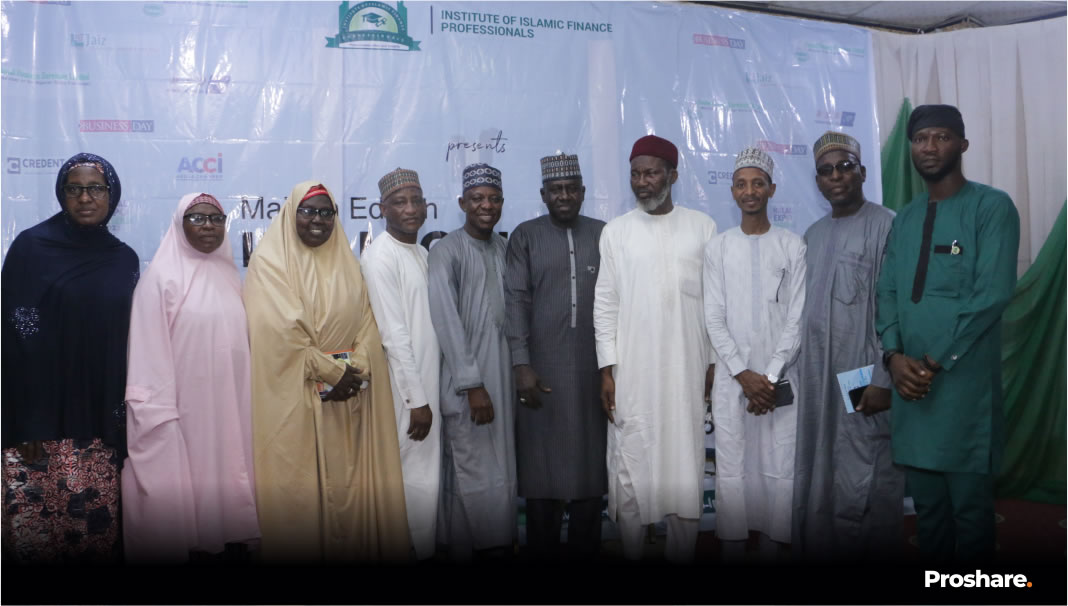
 400 views
400 views
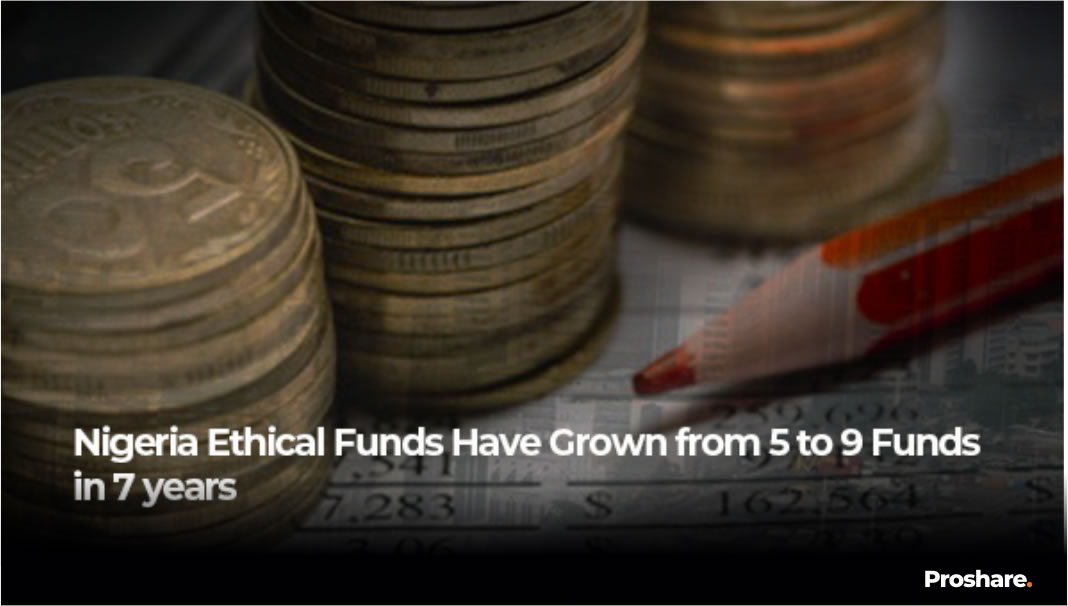
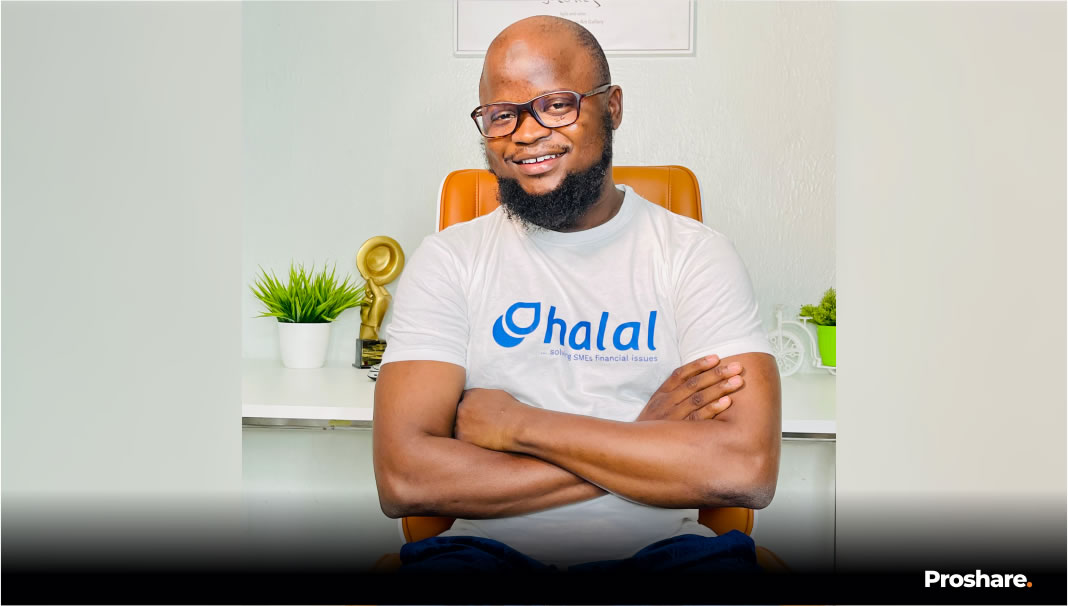
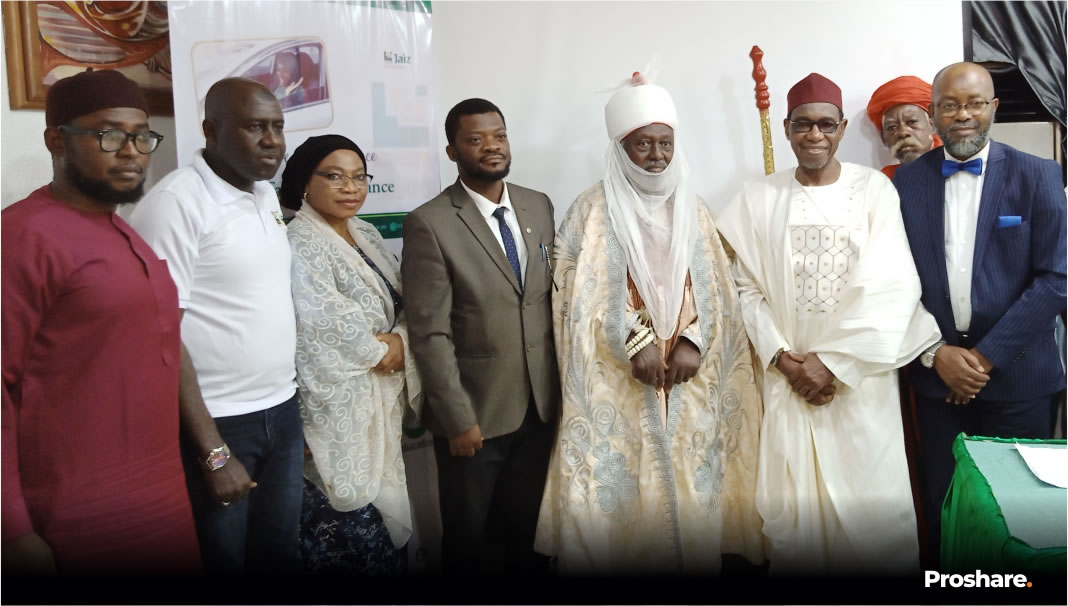
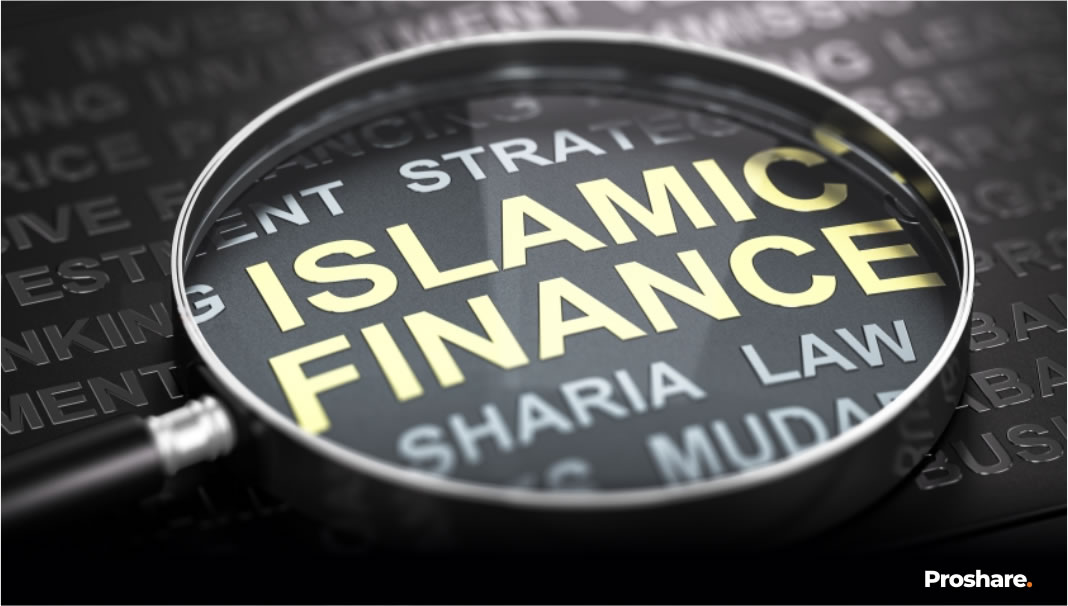

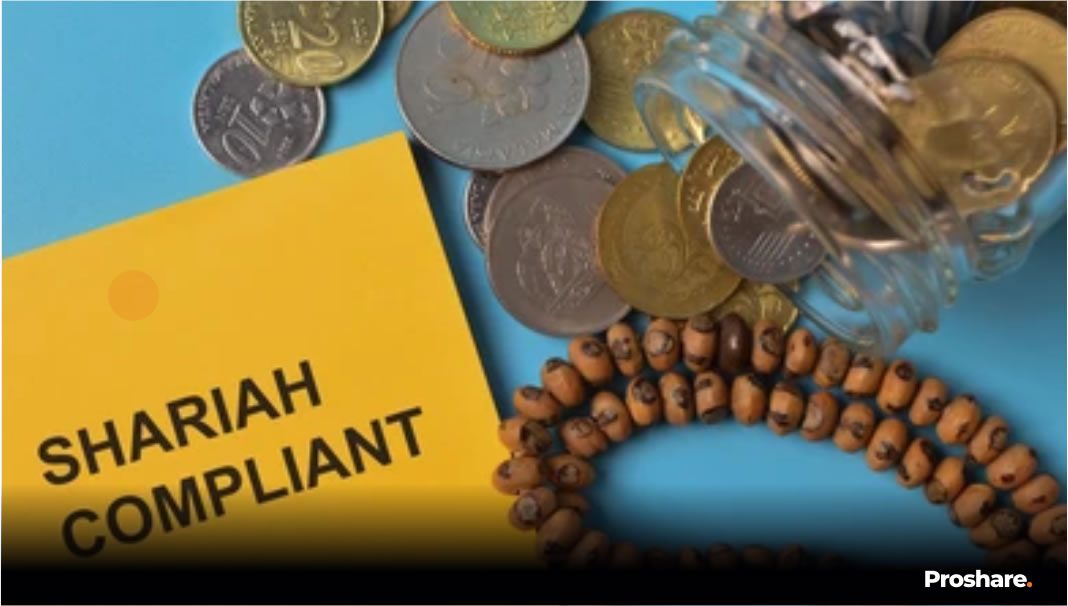





 Sponsored Ad
Sponsored Ad
 Advertise with Us
Advertise with Us









